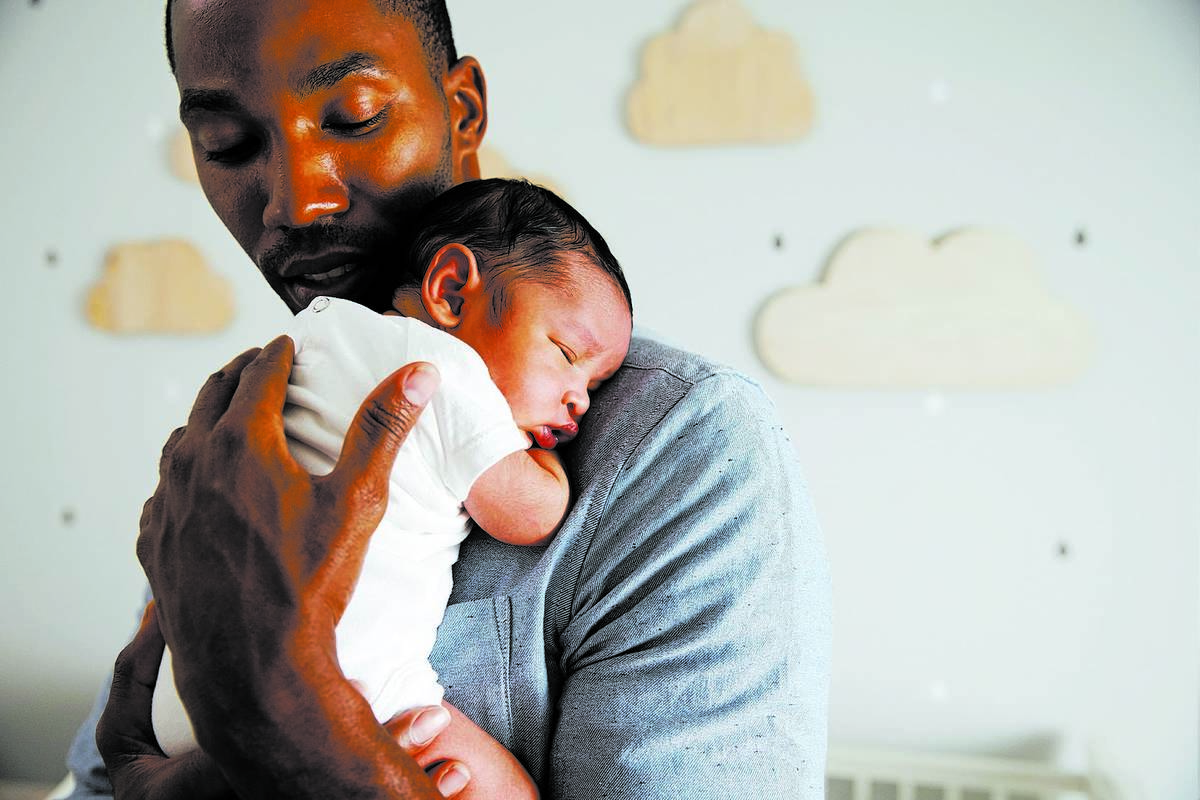VICTOR JOECKS: Father’s Day key to ending racial disparities
Fixing fatherlessness in the African American community would do more to solve what leftists call “systemic racism” than the government ever could.
To understand why, you need to realize “systemic racism” has two meanings.
The first is straightforward. It describes a system that overtly favors one race over another. The obvious examples are slavery and Jim Crow. Fixing this requires laws that judge people not “by the color of their skin but by the content of their character,” as Dr. Martin Luther King Jr. eloquently put it.
The second meaning is a system that produces racial disparities. For instance, African American students are less likely to graduate from high school than white students. Black men make up a disproportionate number of the people in jail. It doesn’t even matter if African Americans are the ones making the laws and enforcing them. Under this theory, the mere existence of a racial disparity is proof of racism lurking somewhere within the system.
“Race-neutral policies are not a sufficient response to race-based disparities,” presumptive Democratic presidential nominee Joe Biden tweeted Monday. “We need to tackle systemic racism head-on.”
Biden here is explicitly rejecting MLK’s famous call not to judge people by their skin color. To get rid of racial disparities, he wants government overtly to favor one race over another. In other words, to eliminate the second definition of systemic racism he wants to implement the first definition of systemic racism.
A system with race-neutral policies will always produce disparities based on nonracial factors. That’s where Father’s Day comes in.
Children living without a dad are four times more likely to live in poverty. Low-income students perform worse academically. In contrast, a 2001 Department of Education study found that high involvement by biological fathers increases a student’s likelihood “of getting mostly A’s by 42 percent.” Students living with both biological parents are also less likely to repeat a grade.
In Nevada, 26 percent of kids lived in mother-only households as of 2017. However, they made up 45 percent of children referred to juvenile justice. The 6 percent of Nevada kids growing up without either biological parent did worse. They made up 24 percent of juvenile justice referrals.
Children growing up without a father are more likely to experience behavioral problems and abuse alcohol and drugs. Daughters without a father around are seven times more likely to have a teenage pregnancy.
Given the importance of dads, you would expect to find disparities if one racial group had fewer involved fathers than another group.
According to 2019 census data, 53 percent of African American children live in a home without a dad. For white children, it’s 20 percent. You can’t blame historical racism for this disparity either. In 1960 — four years before the Civil Rights Act passed — 31 percent of African American children grew up in a home without a father.
“If we are honest with ourselves, we’ll admit that what too many fathers also are is missing,” then-Sen. Barack Obama said on Father’s Day in 2008. “You and I know how true this is in the African-American community. … And the foundations of our community are weaker because of it.”
Obama was right. Children — of every color — need involved dads to help them succeeed. Fathers, not changed laws or new elected officials, are the key to reducing racial disparities.
Victor Joecks’ column appears in the Opinion section each Sunday, Wednesday and Friday. Listen to him discuss his columns each Monday at 3 p.m. with Kevin Wall on AM 670 KMZQ Right Talk. Contact him at vjoecks@reviewjournal.com or 702-383-4698. Follow @victorjoecks on Twitter.


















